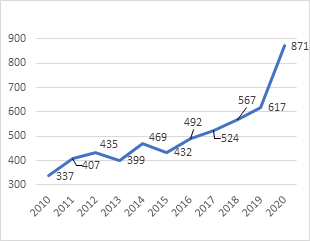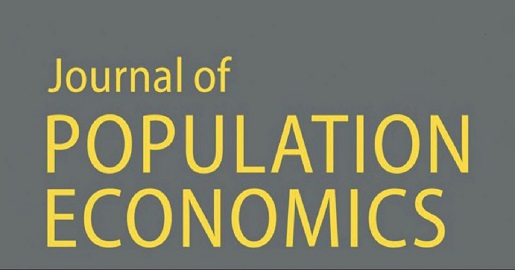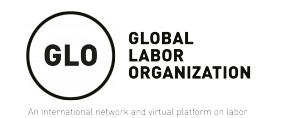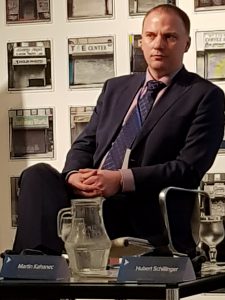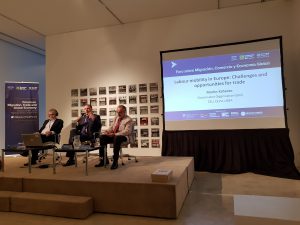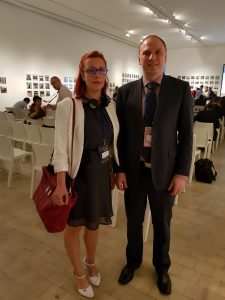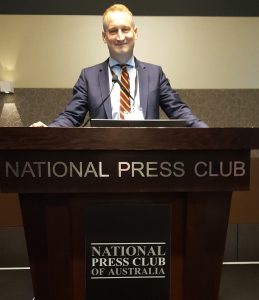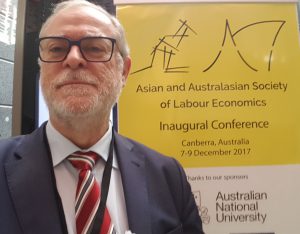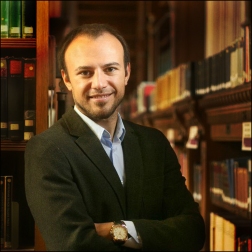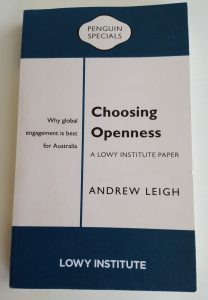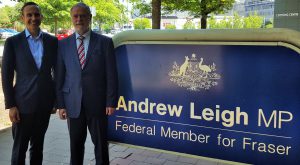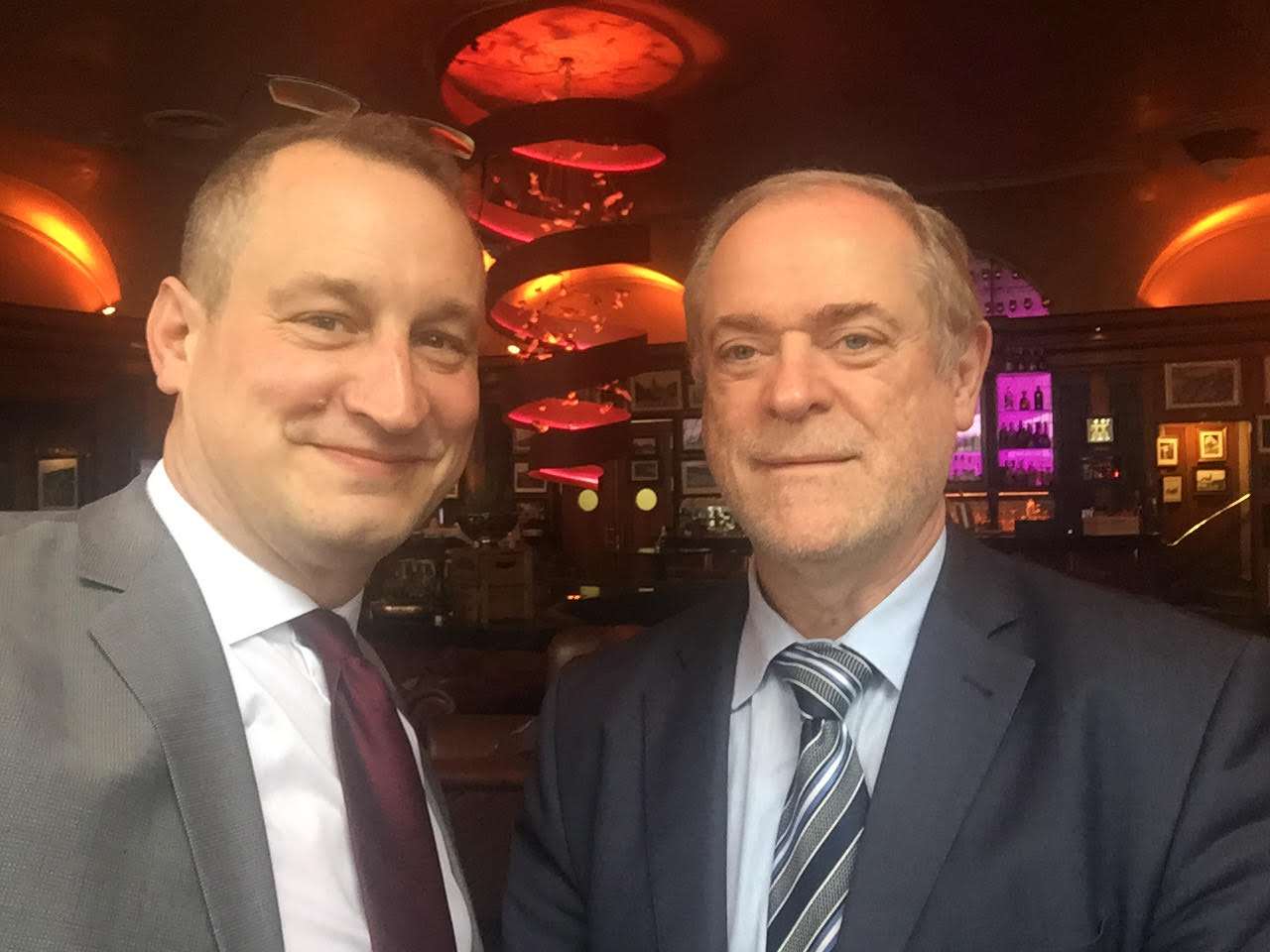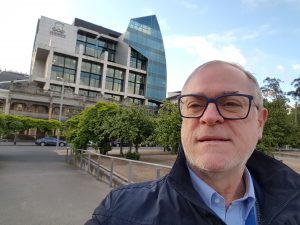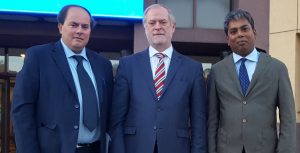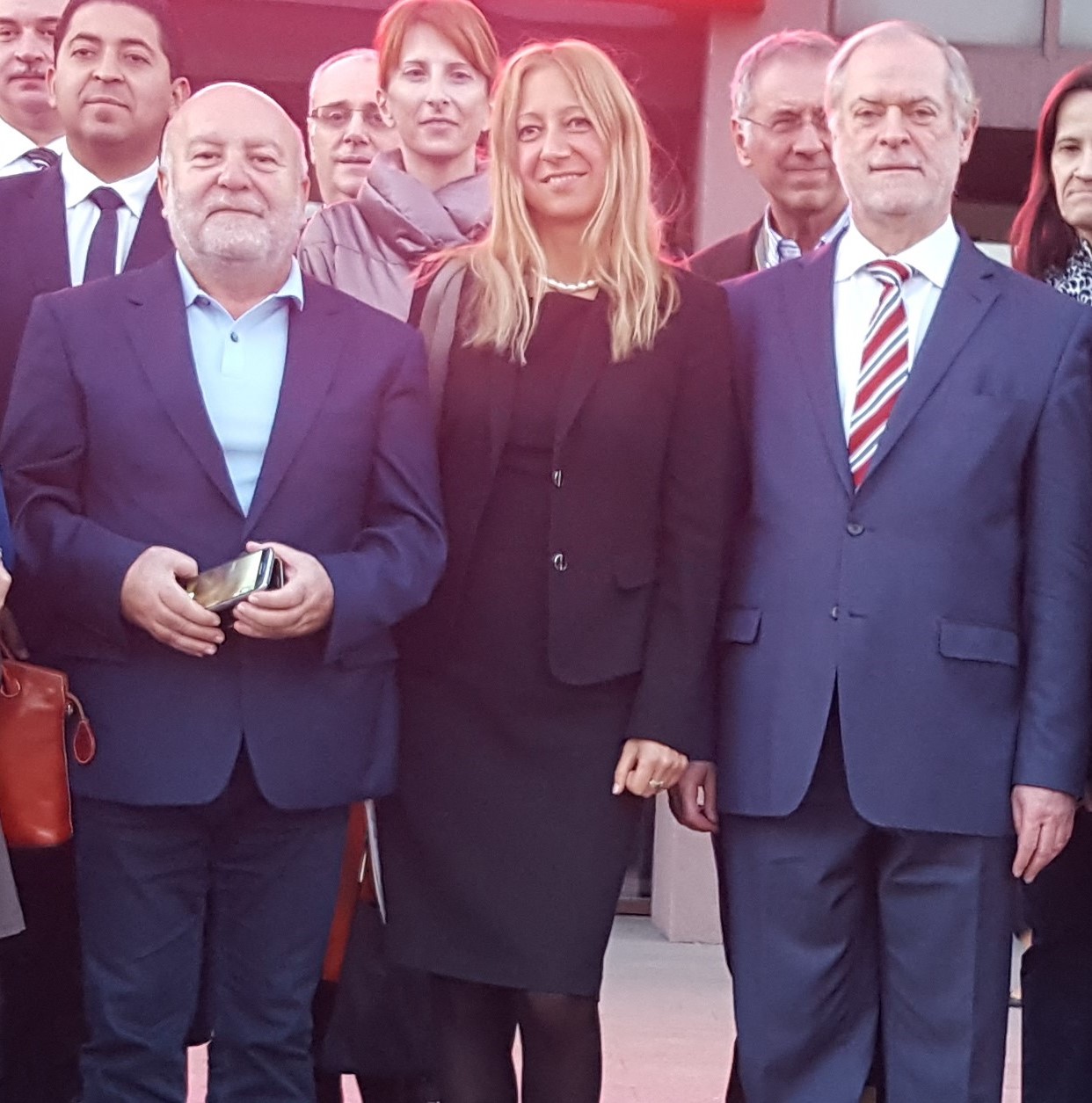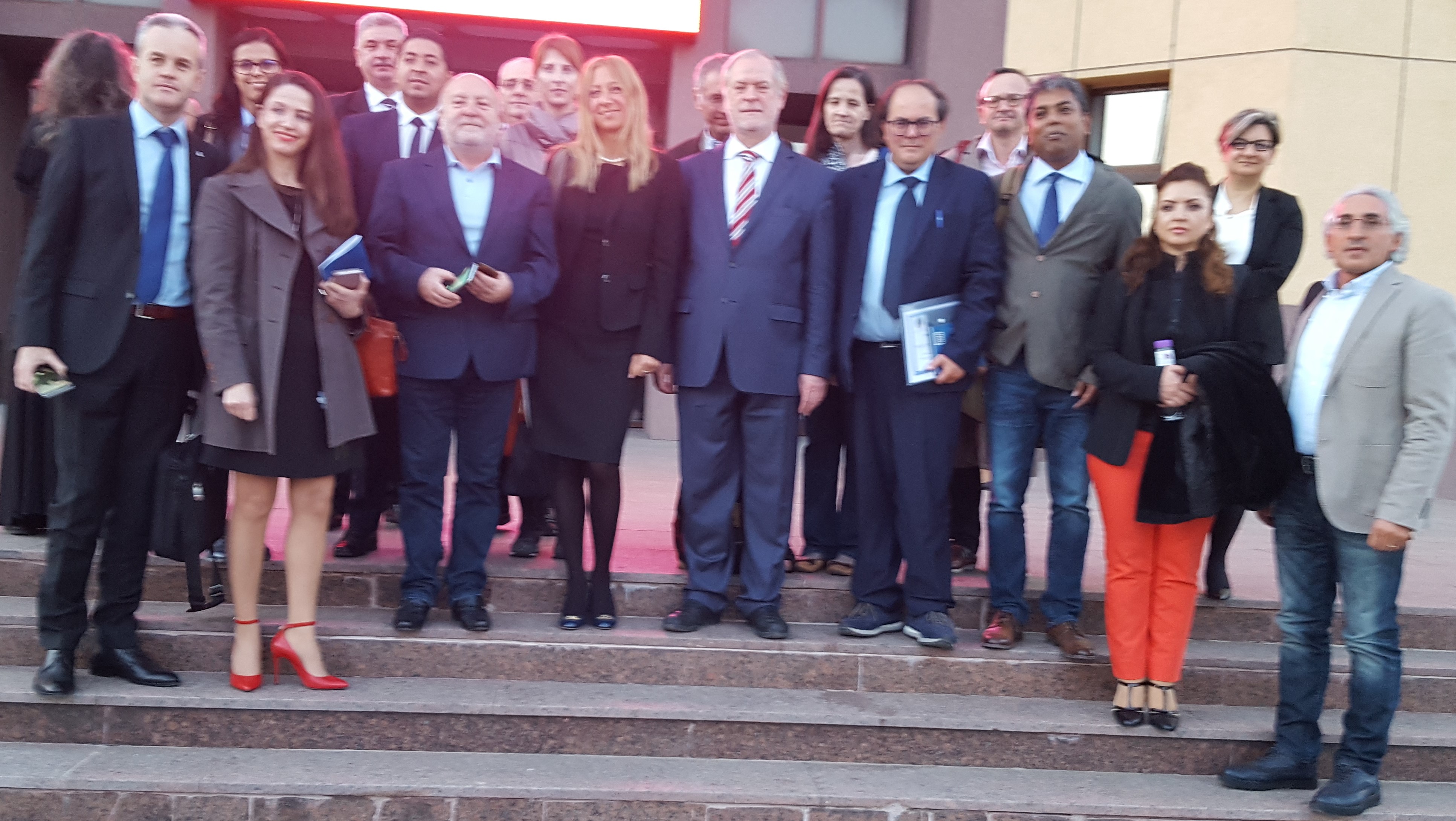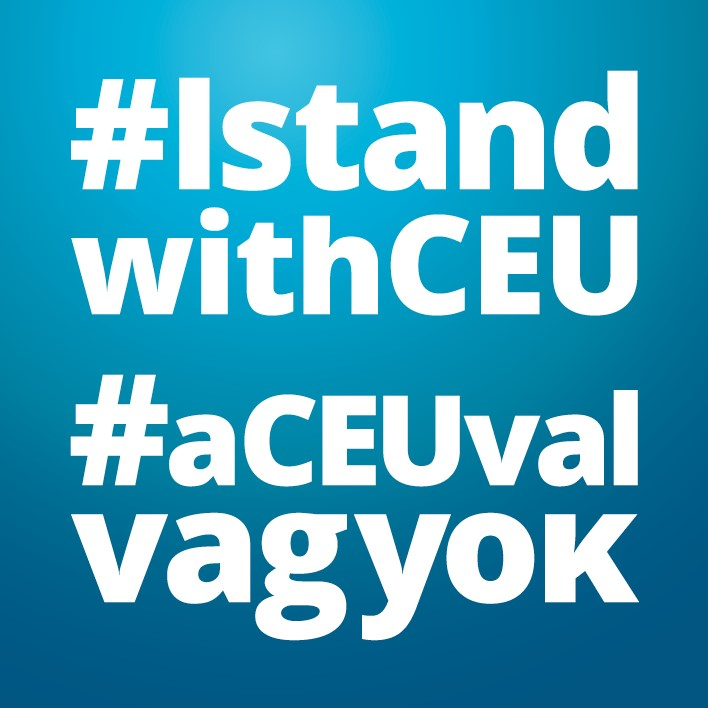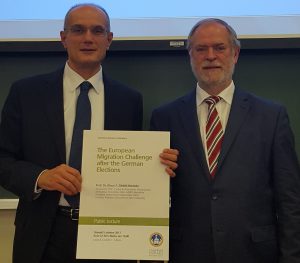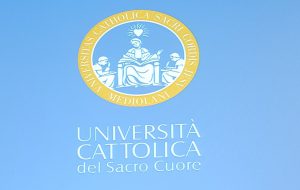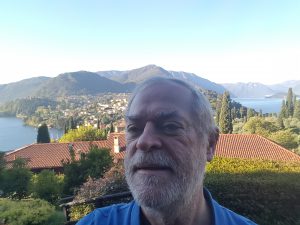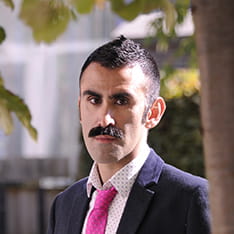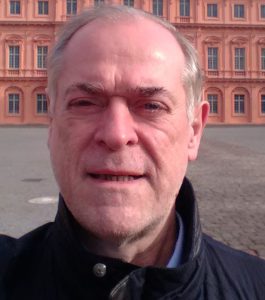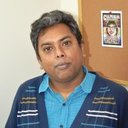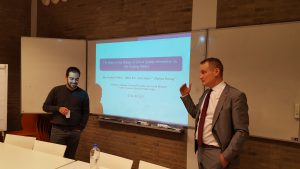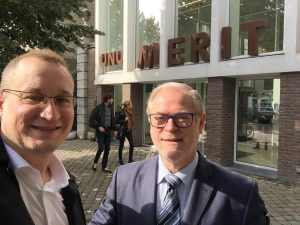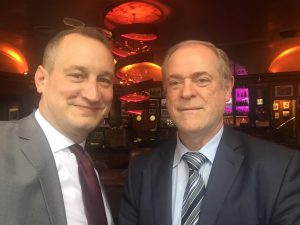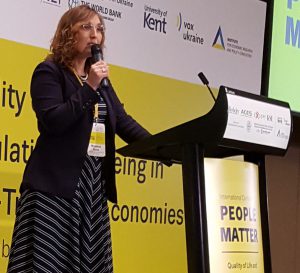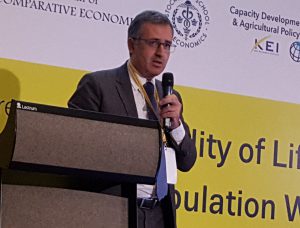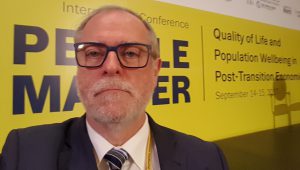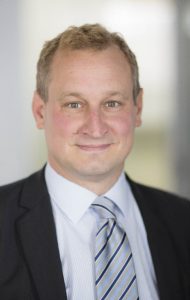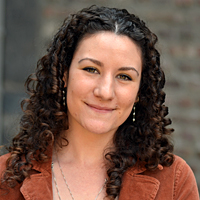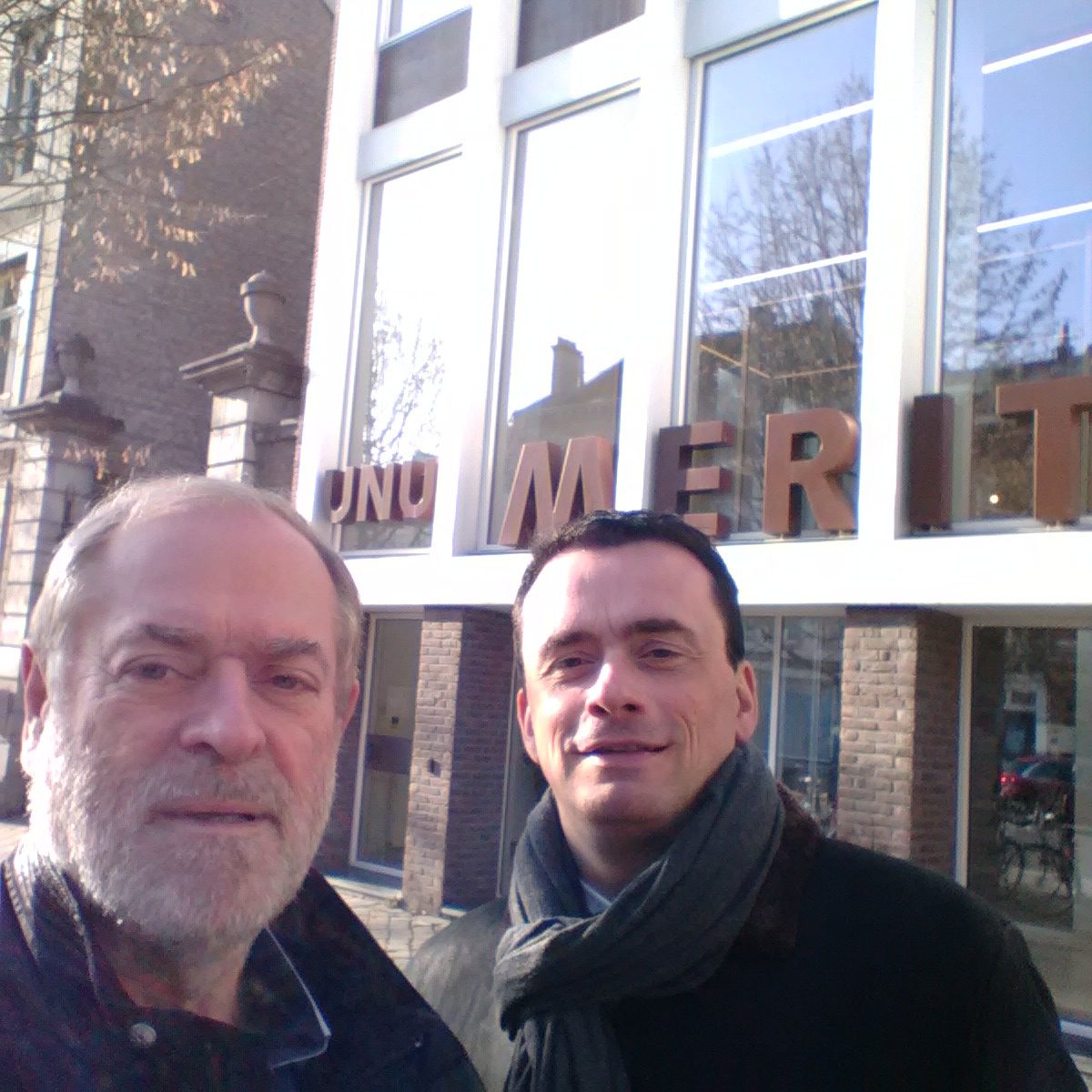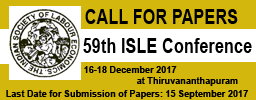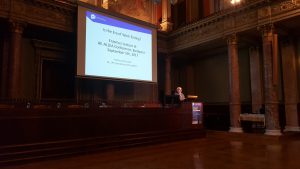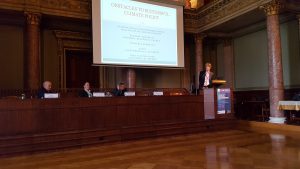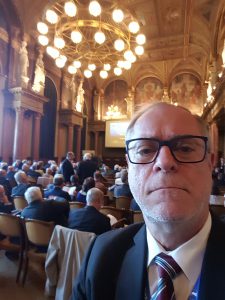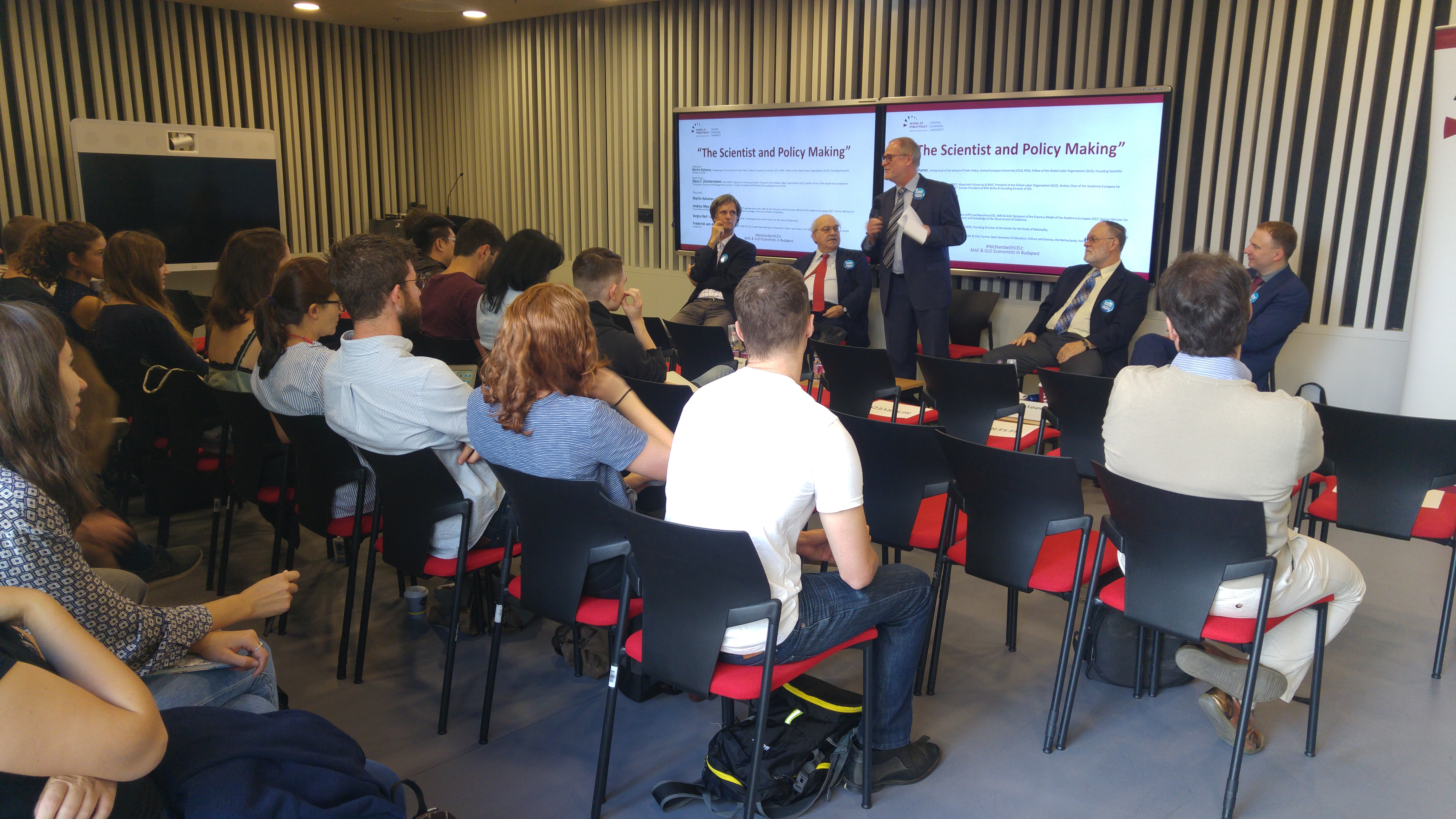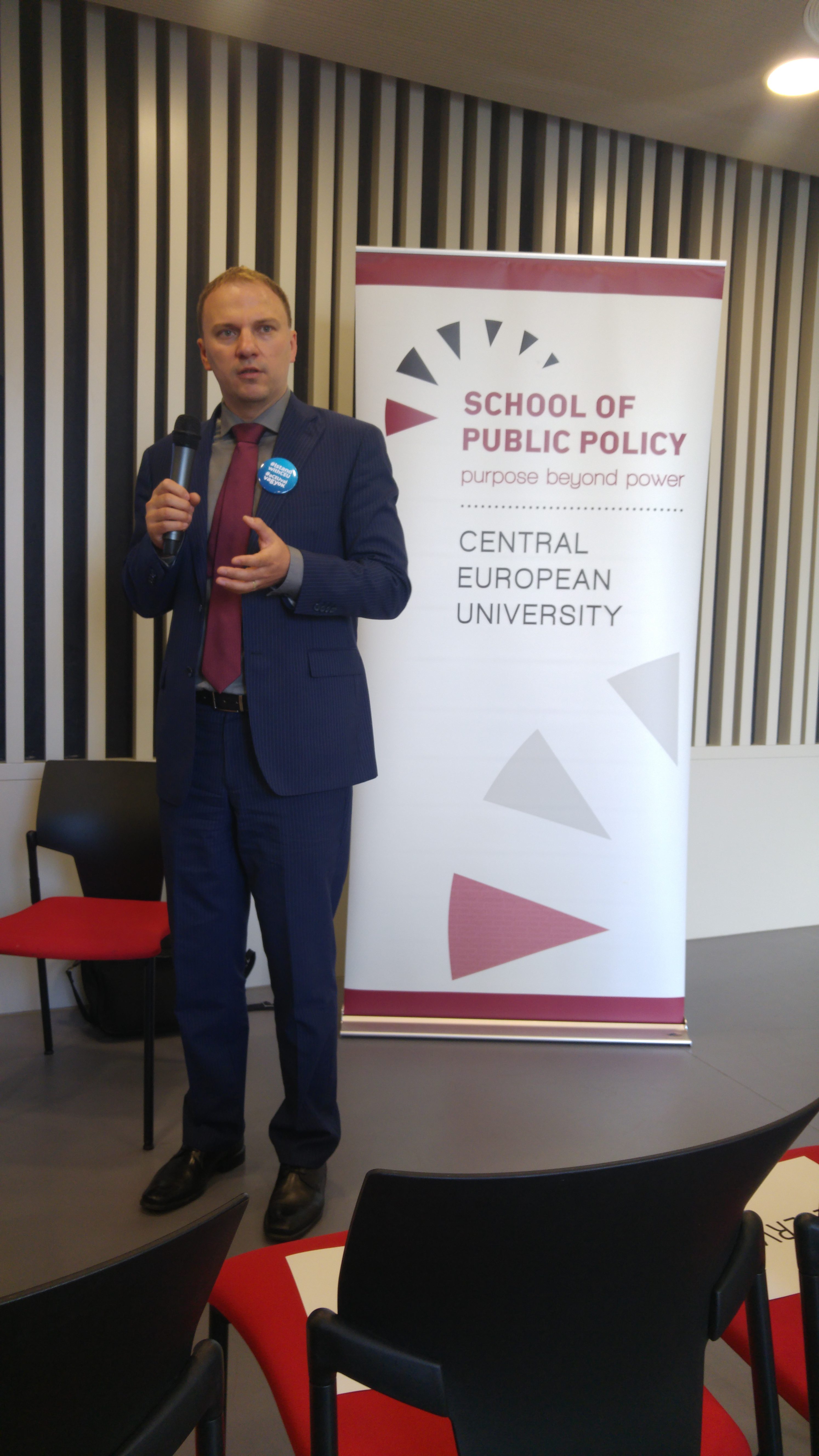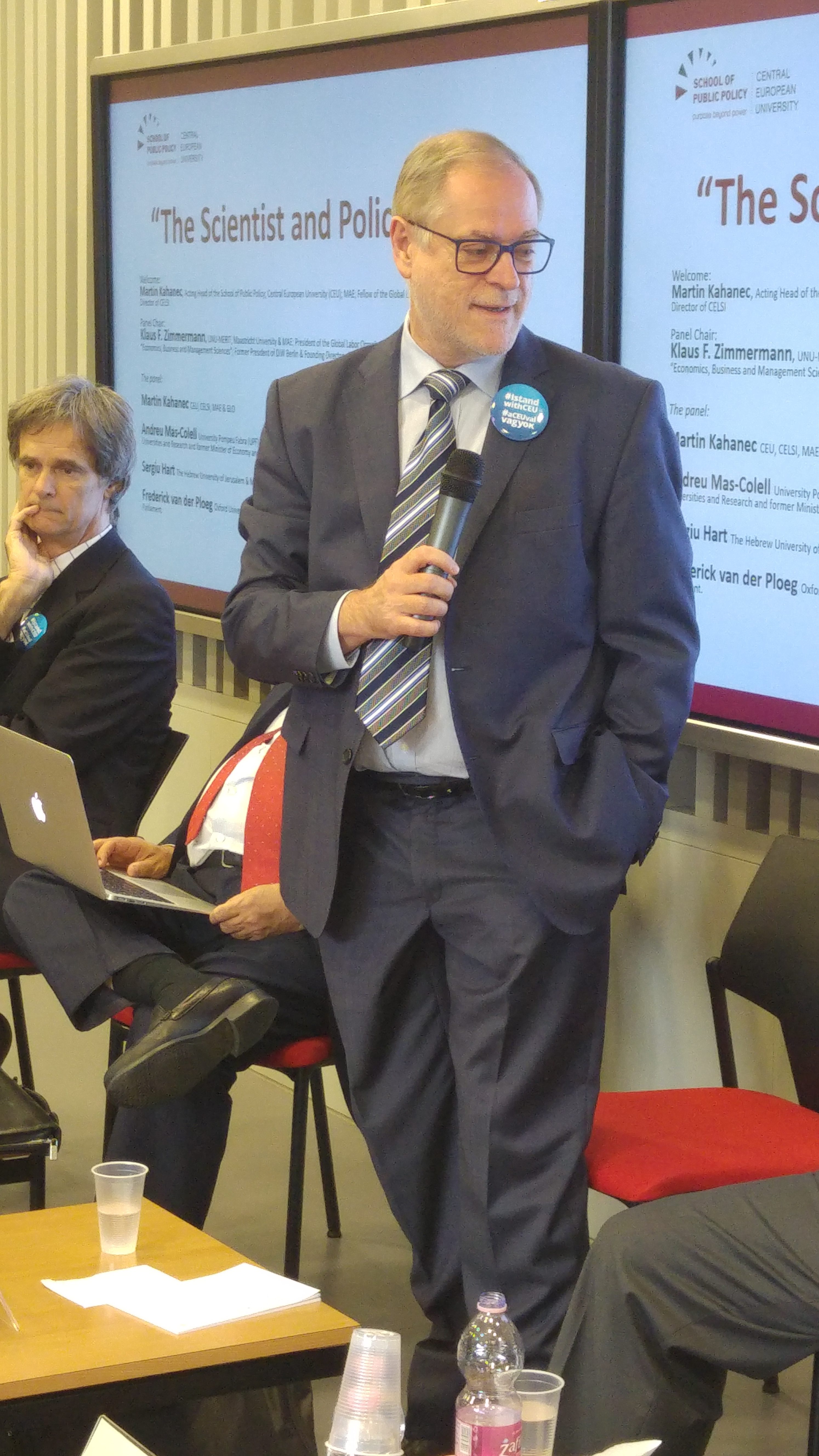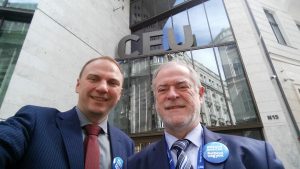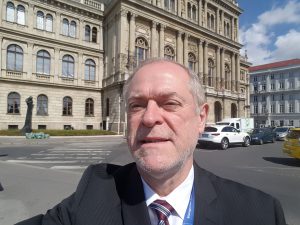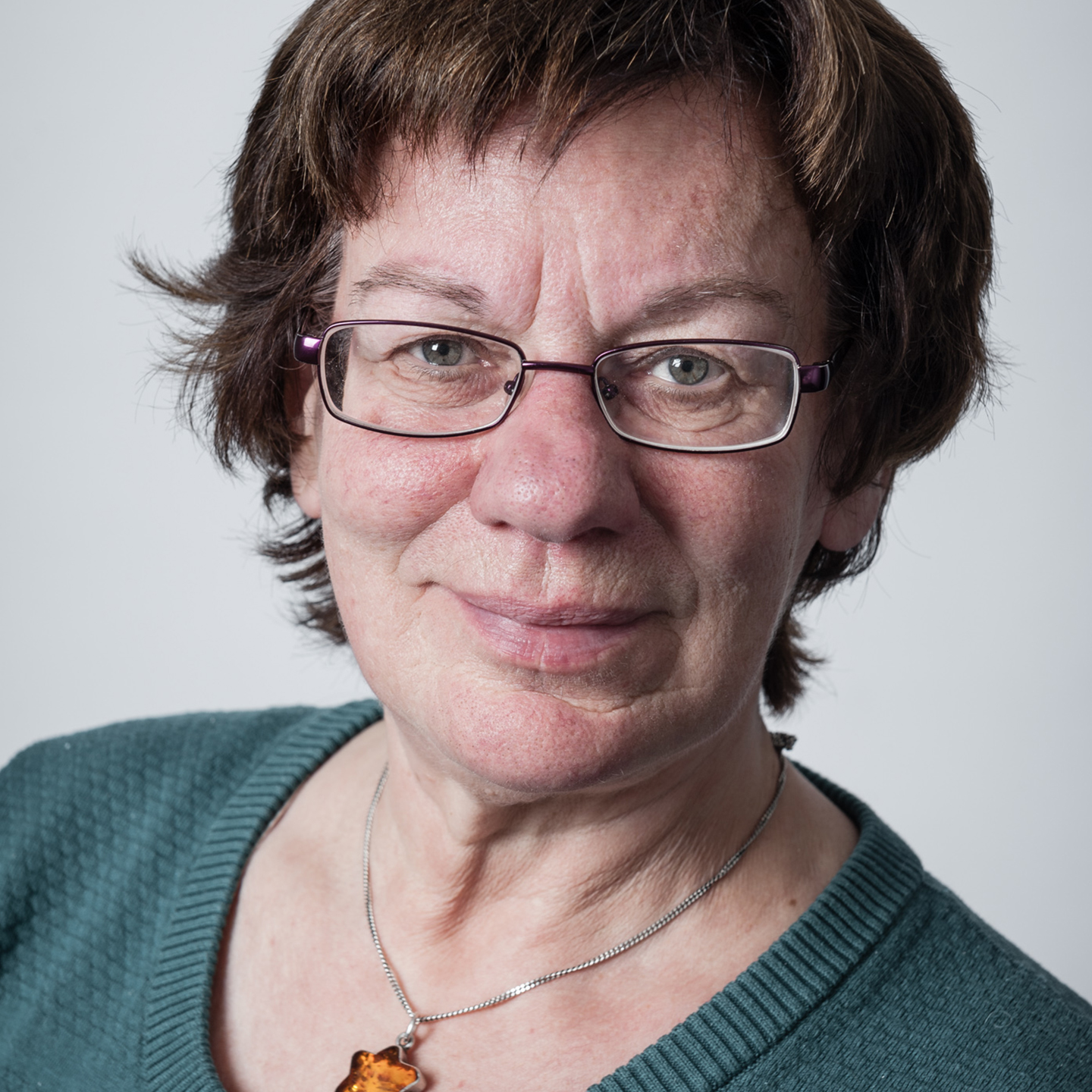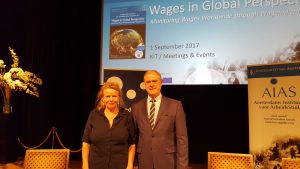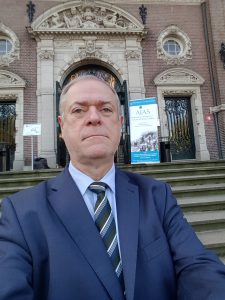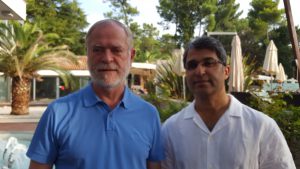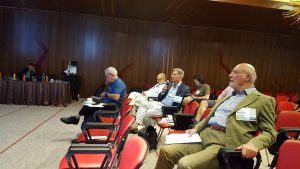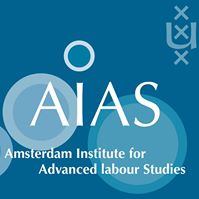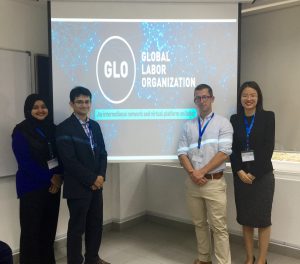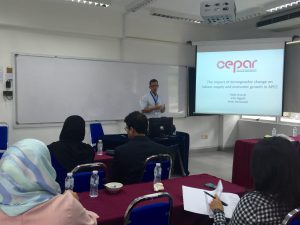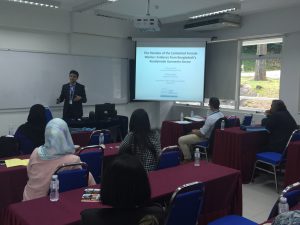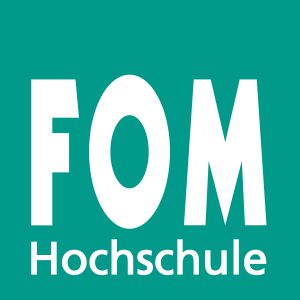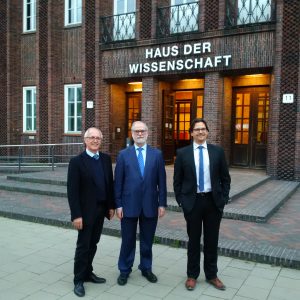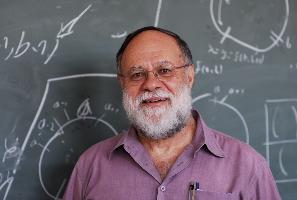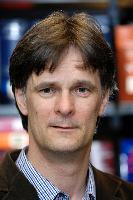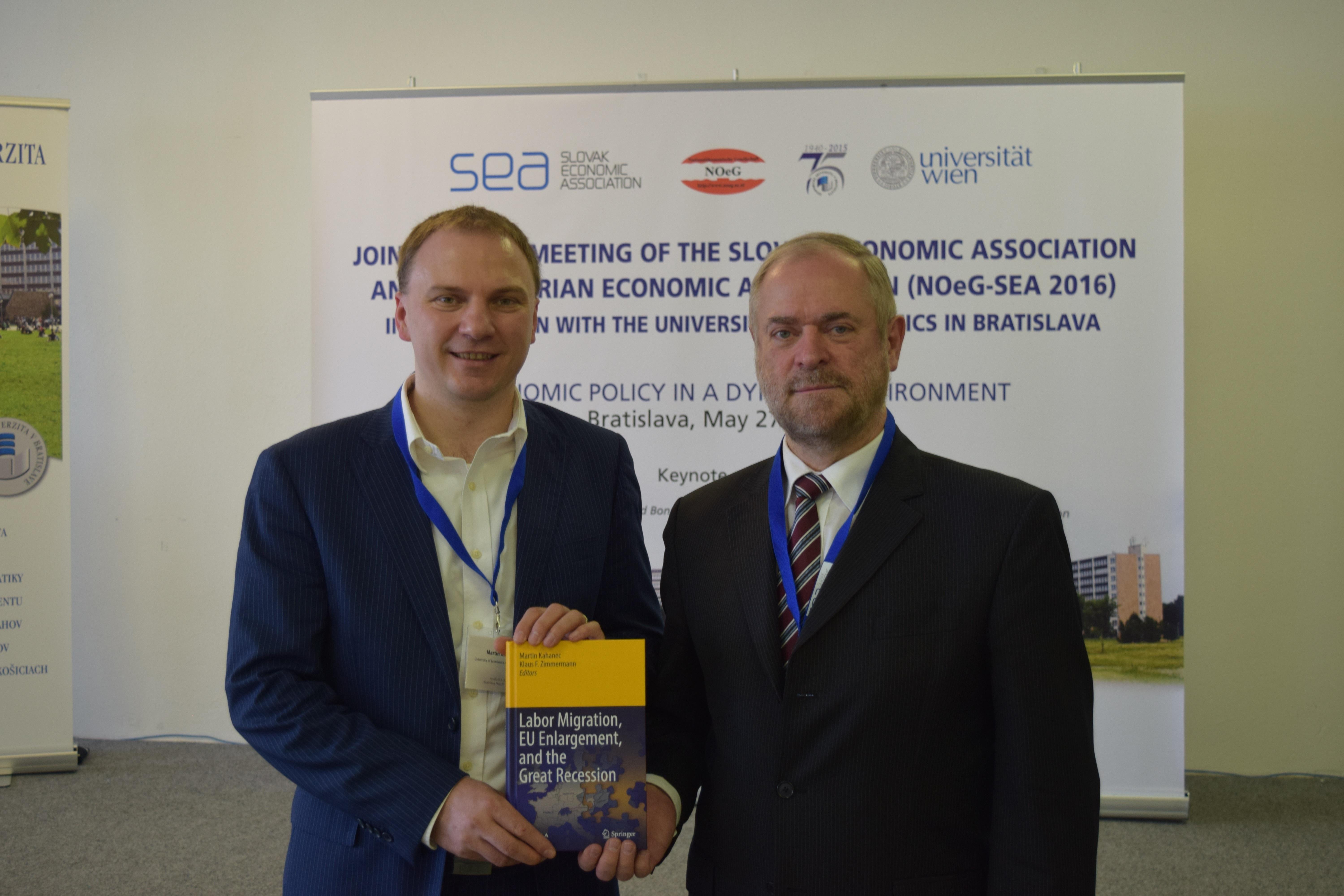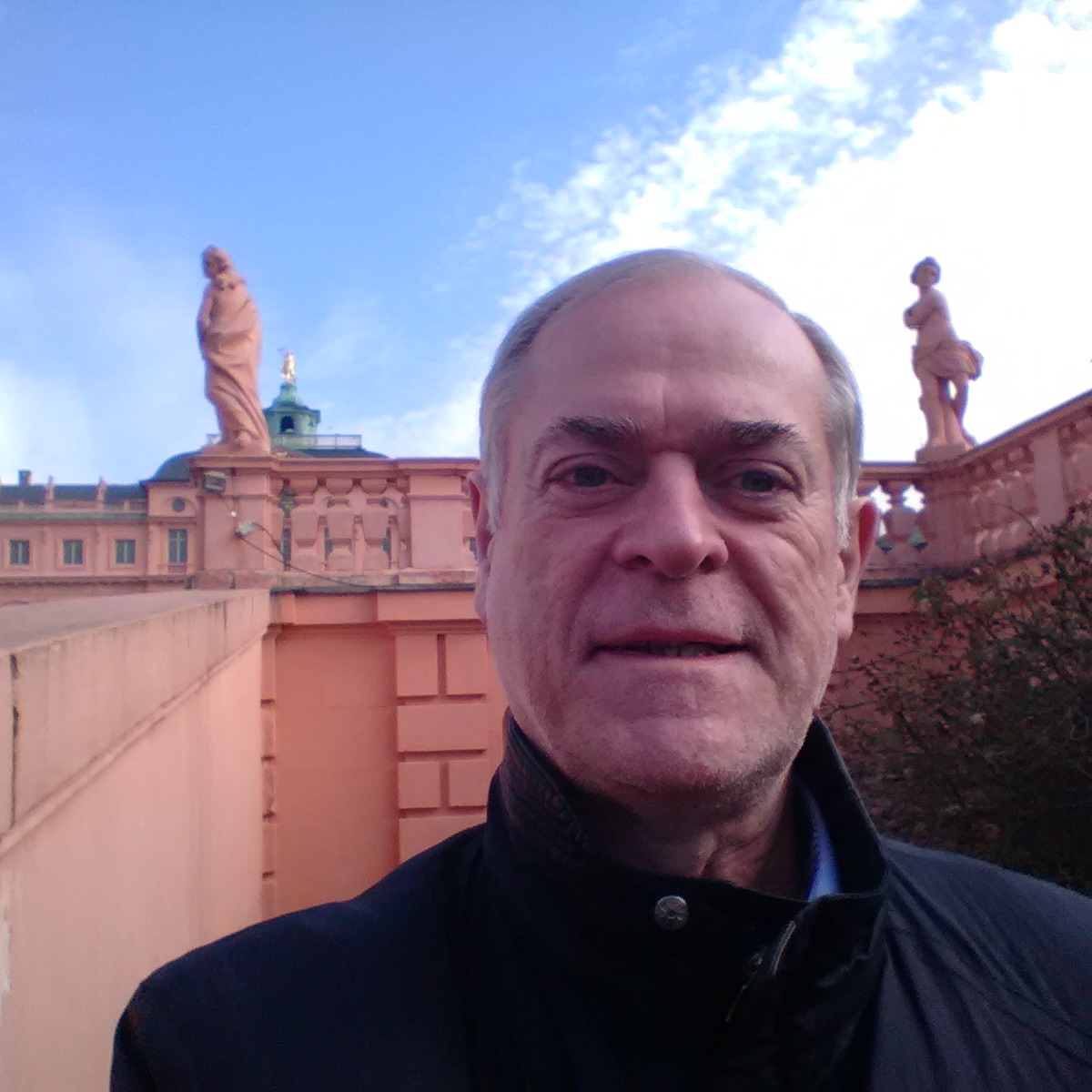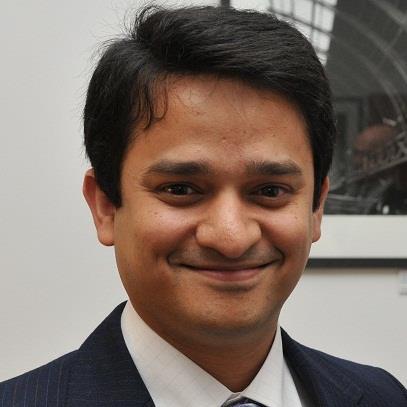Important health research and policy event at Yale University organized by the China Health Policy and Management Society and GLO Fellow Xi Chen of Yale University, and supported, among others, by the Global Labor Organization (GLO). GLO is organizing one session at the event.

Advances in Health Policy and Healthcare: The Road Ahead
China Health Policy and Management Society 2nd Biennial Conference & a Celebration of the 10th Anniversary of China Health Policy and Management Society (2008-2018)

Yale University: May 11-13, 2018
Purpose: This is the 2nd biennial meeting of China Health Policy and Management Society (CHPAMS) and its official journal China Health Review. The meeting’s theme is Advances in Health Policy and Healthcare: The Road Ahead, with a special focus on Healthy China 2030 national blueprint. Since October 2016, Healthy China 2030 (HC 2030), a national program of action to promote the health of 1.3 billion Chinese population, has been central to the Chinese Government’s agenda for health and development, and has the potential to benefit the rest of the world. This conference aims to bridge our minds and draw upon global wisdom in the advances of health policy and health care in China. Participants will include national health officials from China, U.S. public health NGO representatives, world-class scholars from the U.S., China, and other regions in the world, entrepreneurs in the health sector, and so on. Through this platform, participants will have the opportunity to establish professional networks with leaders in the field and enhance their professional career development. The Board of Directors of CHPAMS and Editorial Board of CHR will host business meetings and communicate with engaged members to further promote the organization and the journal to a new stage.
Co-sponsors: China Medical Board, Yale School of Public Health, Yale Macmillan Center, Yale-China Association,Chinese Economists Society, Global Labor Organization
Opening Addresses: Consulate General of the People’s Republic of China in New York, China Medical Board, China Health Policy and Management Society, Yale School of Public Health
Keynote Speakers

Lincoln Chen, M.D., President, China Medical Board

Paul Cleary, Ph.D., Anna M.R. Lauder Professor of Public Health, Former Dean, Yale School of Public Health

Michael Grossman, Ph.D., Professor and Director of Health Economics Program, National Bureau of Economic Research (NBER), Advisory Board Member, CHPAMS

T Paul Schultz, Ph.D., Malcolm K. Brachman Professor Emeritus in Economics, Former Director of Economic Growth Center, Yale University and GLO

Sten H. Vermund, M.D., Ph.D., Anna M.R. Lauder Professor of Public Health, Dean, Yale School of Public Health

Gonghuan Yang, M.D., Professor and Former Vice Director, China National CDC

Winnie Yip, Ph.D.; Professor of Global Health Policy and Economics, Harvard T.H. Chan School of Public Health, Advisory Board Member, CHPAMS
Invited Sessions and Panels
Special Session(s): Environment, Health, Health Care and Human Capital (Joint with Global Labor Organization)
Special Session: “Mining Gold” from Big Data in Healthcare
Hongyu Zhao, Department Chair and Ira V. Hiscock Professor of Biostatistics, Professor of Genetics, Statistics and Data Science, Yale University
Shuangge Steven Ma, Professor of Biostatistics, Yale School of Public Health
Roundtable: Healthy China 2030 (TBC)
Paul Cleary, Anna M.R. Lauder Professor of Public Health; Former Dean, Yale School of Public Health
Harlan M Krumholz, Harold H. Hines, Jr. Professor of Medicine; Director, Center for Outcomes Research and Evaluation, Yale-New Haven Hospital
Special Session: Behavioral Health Innovations
Jody L. Sindelar, Professor of Public Health (Health Policy) and Economics, Yale University and Entrepreneurs from Health Tech Companies
Roundtable: Environment, Climate Change and Health (Joint with Yale Climate Change and Health Initiative)
Michelle L. Bell, Mary E. Pinchot Professor of Forestry and Environmental Studies and Professor of Environmental Health, Yale University
Robert Dubrow, Faculty Director of the Climate Change and Health Initiative, Yale University
Yawei Zhang, Section Chief Surgical Outcomes and Epidemiology, Yale Department of Surgery; Associate Professor, Yale School of Public Health
Special Reception: Celebrating 10th Anniversary of CHPAMS
Call for abstracts and organized sessions: The call for abstracts and proposed sessions for CHPAMS Biennial Meetings to be held at Yale University May 11-13, 2018 is now open! We welcome abstracts and sessions on any public health issues in the fields of health economics, system science, global health, health policy, health care management, and/or epidemiology, preferably related to China. Methodological or theoretical innovations related to health policy and management are also encouraged. Organized sessions and individual abstracts will be accepted for consideration by the Scientific Committee. If an organized session is not accepted, the papers included in that session will be considered as individual abstract submissions; abstracts not accepted for oral presentation will be considered for poster presentation. Notification of acceptance will be made no later than January 15, 2018.
Please use our co-sponsor Chinese Economists Society’s online submission page to submit individual abstracts now through December 31, 2017. https://www.china-ces.org/Conferences/ConferenceDefault.aspx?ID=48 No CES membership fee is required in order to submit your session or abstract. Each abstract submission should include authors’ names, affiliation, and the corresponding author’s contact information. A 250-word structured abstract (introduction, method, results, and discussion) is expected.
Each organized session should consist of 3-4 individual papers. Each proposal should contain a tentative name of the session, titles of papers along with their abstracts, as well as names and e-mails of session presenters. If you would like to organize one or more sessions on a specific topic and have speakers/presenters lined up, please submit your proposal to Dr. Zhuo (Adam) CHEN for approval at zchen1@uga.edu by December 15th, 2017.
At least one of the coauthors need to be a registered member of CHPAMS. When submitting the abstract, please indicate which coauthor(s) is a CHPAMS member. CHPAMS membership is open to all with no membership fee. To register, please visit http://www.chpams.org/member-registration/.
The Best Abstract Award: All authors, whether submitting through individual abstracts or organized sessions, have the option to indicate whether this abstract will compete for “Best Abstract Award.” The winner will receive $200 plus a certificate, and the full article will be invited to be published in the fall 2018 issue of China Health Review.
Conference Registration and Travel Support
- Registration fee is $100 (by April 15, 2018) and $150 (starting from April 16, 2018), which covers conference materials, food, and other services.
- For all CHPAMS registered members who are current students and pay the conference registration fee by March 31, 2018, CHPAMS will provide $100 travel subsidy to the attendees.
- Limited number of travel fellowships ($250) will be provided for students who pay the conference registration fee and whose abstract is accepted for oral presentation. To apply, email member@chpams.org with an updated CV.
- To receive any of the incentives, participants must be registered as a CHPAMS member on www.chpams.org and pay the conference registration fee.
Job Placement Service:
We call for participation of Chinese universities or other entities to recruit talents during the CHPAMS Biennial Conference. CHPAMS will provide the platform of job matching, including organized introduction and Q&A sessions, interview tables and rooms. Participating institutions will also be invited to become CHPAMS institutional members. For questions, email Dr. Xi CHEN at Yale University (xi.chen@yale.edu).
Meeting Facilities
Yale School of Public Health (May 11) & Yale Macmillan Center (May 12)
Team building activities:
May 2018 marks the 10th anniversary of China Health Policy and Management Society. We will have team building events, and attendants are welcome to participate and arrange their departures from New Haven, CT.
May 12, 2018: Yale campus tour to the historical sites of China’s Grand Cross-cultural Educational Experiment (大清留美幼童运动) and Yale-China Association (雅礼中国协会)
May 13, 2018: hiking in the East Rock Park, New Haven, CT.
Important Dates
| Date |
|
| December 15, 2017 |
Deadline for submitting organized sessions |
| December 31, 2017 |
Deadline for submitting abstracts |
| January 15, 2018 |
Notification of acceptance |
| March 31, 2018 |
Deadline for students to pay the conference registration fee in order to receive travel subsidy and be considered travel fellowships |
| May 11-13, 2018 |
Conference Dates |
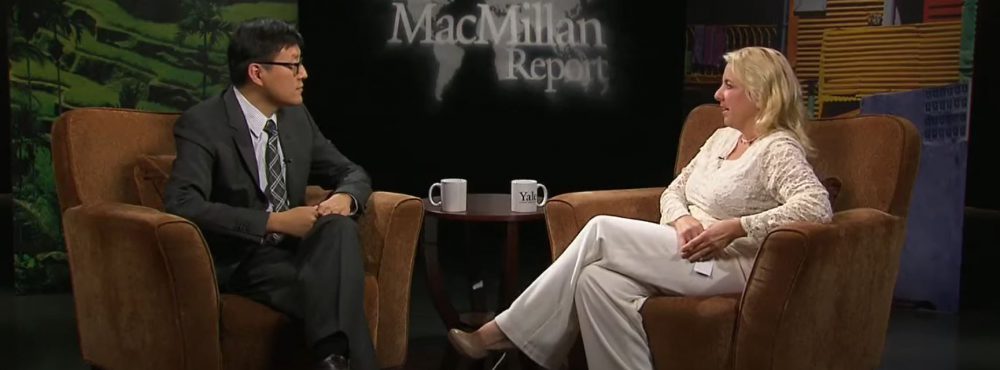
Xi Chen, Yale University and GLO.
Ends;


